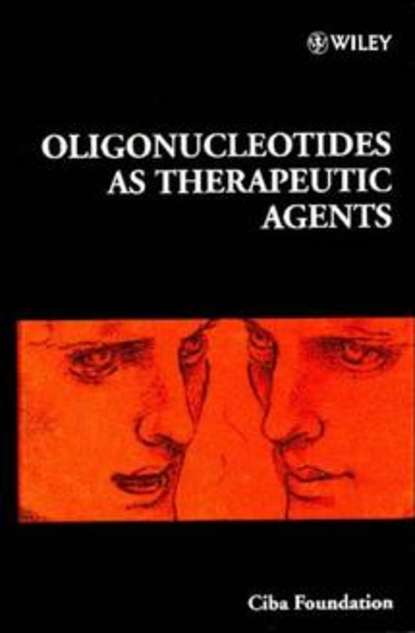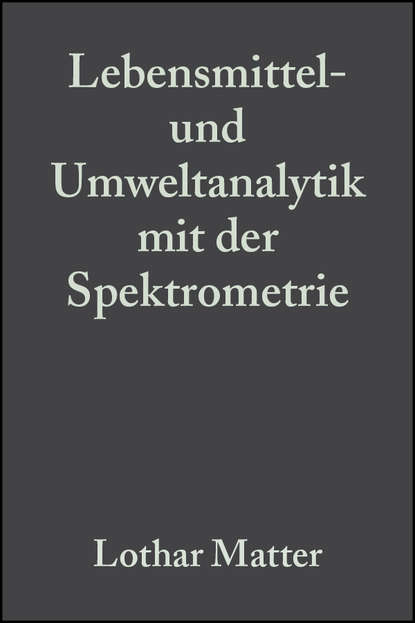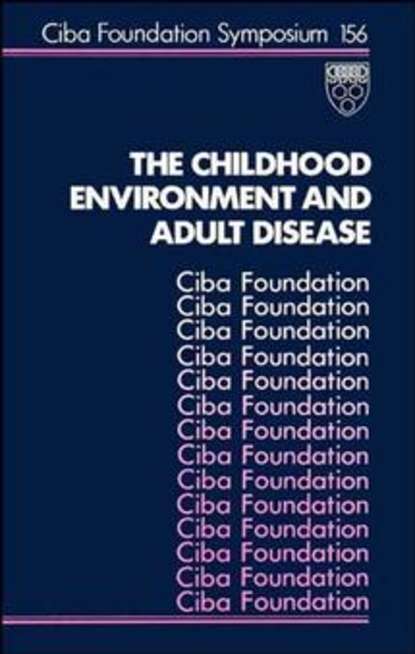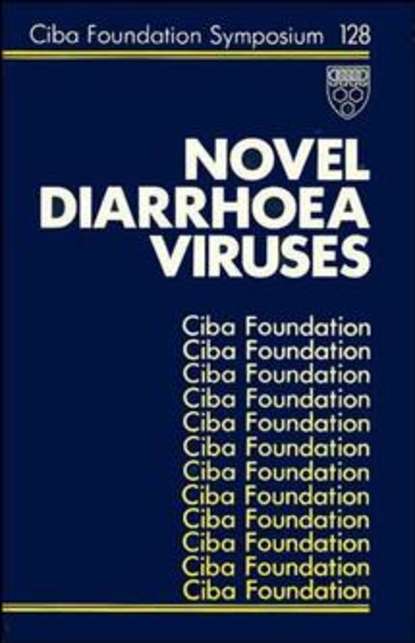Использование олигонуклеотидов в качестве терапевтических агентов основано на их способности специфически взаимодействовать с фундаментальными механизмами синтеза белка, связываясь с мРНК, транскрибированными с гена, или непосредственно с целевым геном. Этот подход можно использовать не только для ингибирования синтеза белков хозяина, но и белков, необходимых инвазивным патогенам. Потенциальные терапевтические применения колоссальны – от лечения гипертонии, сердечно-сосудистых заболеваний, аутоиммунных заболеваний, вирусных и других паразитарных инфекций (особенно ВИЧ) до рака. В книге обсуждается химия и фармакокинетика олигонуклеотидов и их аналогов, обзор результатов исследований структурно-активных соотношений и текущих клинических испытаний. Также критически рассматриваются проблемы антисмысловой терапии, такие как ферментативное разрушение олигонуклеотидов, необходимые для терапевтического эффекта дозы, трудности доставки олигонуклеотидов в целевые ткани и клетки, необходимость парентерального введения, и сомнения относительно механизма действия (особенно проблемы, связанные с неспецифическим связыванием с белками) и долгосрочных эффектов.
This book describes the use of oligodeoxynucleotides (oligos) as therapeutics. The potential applications of these molecules are wide ranging, from hypertension and atherosclerosis to cancer and parasitic diseases such as HIV. Cardew explains the basic chemistry and pharmacokinetic properties of oligos and their analogs, as well as the results of various studies in structure-activity relationships. A great deal of attention is focused on the problems of antisense technology, including enzymatic degradation of the oligos, dosage levels necessary for therapeutic activity, tissue targeting issues, difficulties with parenteral delivery, and concerns over mechanism of action and potential long-term consequences.
Электронная Книга «Oligonucleotides as Therapeutic Agents» написана автором Gail Cardew в году.
Минимальный возраст читателя: 0
Язык: Английский
ISBN: 9780470515402
Описание книги от Gail Cardew
The use of oligonucleotides as therapeutic agents rests upon their ability to interfere, in a sequence-specific manner, with the fundamental machinery of protein synthesis either by binding to the mRNAs transcribed from a gene or by binding directly to a target gene. This approach can be used not only for inhibition of the synthesis of host proteins but also of those required by invading pathogens. Potential therapeutic applications are enormous, ranging over hypertension, cardiovascular disease, autoimmune disease, vital and other parasitic infections (especially HIV), and cancer. This book discusses the chemistry and pharmacokinetics of oligonucleotides and their analogues, and surveys the results of structure-activity studies and current clinical trials. It also critically reviews the problems with antisense therapy, such as the enzymatic destruction of oligonucleotides, the doses required for a therapeutic response, the difficulty in directing oligonucleotides to particular target tissues and cells, the need for parenteral administration, and doubts concerning the mechanism of action (especially problems associated with non-specific binding to proteins) and long-term effects.



















